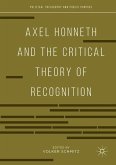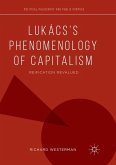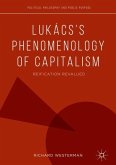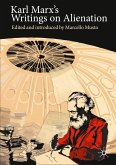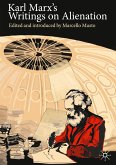This book sets out a new reading of the early Marx. This book argues that, during the period of his first critique of political economy, Marx developed a way of critique that targets social contradictions themselves by making them explicit rather than grounding judgment in prior normative principles. What Marx consolidated in this period was an implicit critique of what we now call practical philosophy, and this book spells out the terms on which that critique unfolds. The opening chapters recast Marx s concept of alienation of labor as an ambiguous one and reframe ideology as what occurs when philosophy detaches from social and historical life process. Building on this, the book traces the young Marx s move toward a critique of political economy, showing how alienation of labor structure modern society and generate contradictions. It then addresses a central question for critical social theory since the nineteenth century: how should one criticize a social contradiction? Theanswer advanced here is that compelling critique does not rest on any kind of normative grounding; it exposes and clarifies the contradictory dynamics of social life as contradictory. The concluding chapters revisit Marx s engagements with Hegel (1843) and with post-Hegelian philosophy (from 1845 onward) to show why practical philosophy are not the right way to criticize contradiction.
"Breathing new life into the concepts of alienation and ideology, Taufer argues that Marx's critique of capitalism forgoes the tools of traditional philosophy and justifies revolution instead on the proletariat's empirical needs." Frederick Neuhouser, Columbia University
"Breathing new life into the concepts of alienation and ideology, Taufer argues that Marx's critique of capitalism forgoes the tools of traditional philosophy and justifies revolution instead on the proletariat's empirical needs." Frederick Neuhouser, Columbia University


